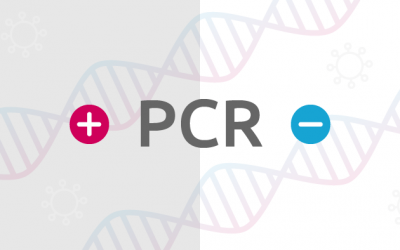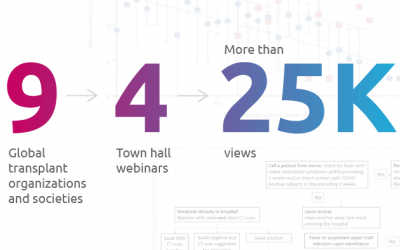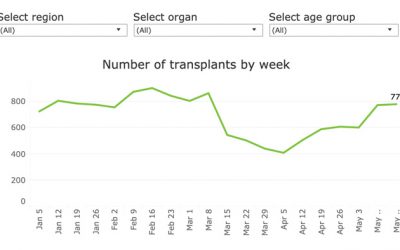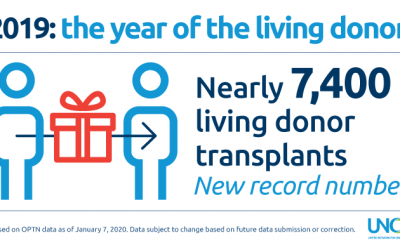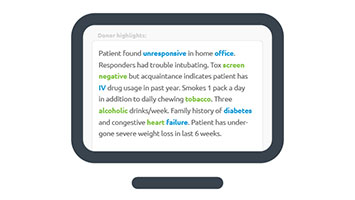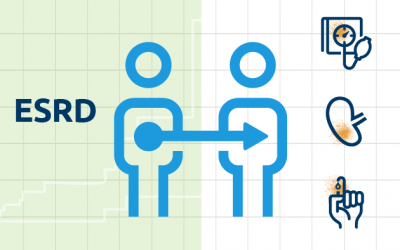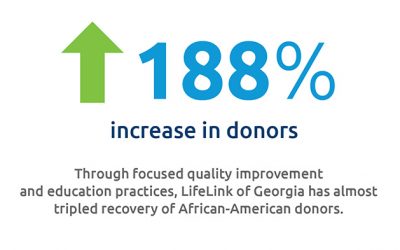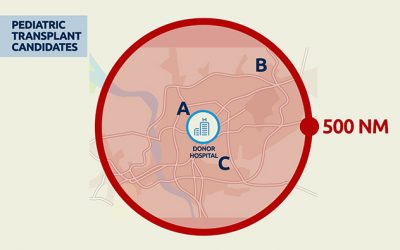In focus
COVID-19: What have we learned to prepare for the next wave?
Insights on donor PCR testing from the May 11 third international organ donation and transplant town hall webinar.
COVID-19 pandemic ignites collaboration in the transplant community
Organ donation and transplantation organizations acted swiftly to produce town hall-style webinars that have been viewed more than 25,000 times.
Transplants bounce back to near pre-COVID-19 levels
Monitoring transplants during the COVID-19 pandemic, the UNOS data visualization shows changes in weekly organ transplants.
2019: Record-setting year for living donation
Education has become an essential tool transplant programs are using to increase understanding and awareness of the procedure.
Is natural language processing useful in predicting organ acceptance?
UNOS data scientists explore donor admission text to help understand and predict how kidney acceptance decisions are made
New study reveals variations in risk among living kidney donors
Research shows family patterns affecting risk can predict whether a living donor will develop end-stage renal disease decades after donating a kidney to a related recipient.
LifeLink of Georgia nearly triples African-American donors
Through focused quality improvement and education practices, LifeLink of Georgia has almost tripled recovery of African-American donors.
How will the new liver system help pediatric patients?
More pediatric patients will receive transplants as a result of new OPTN liver distribution policy

